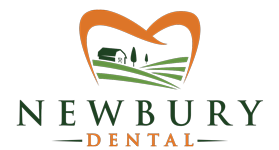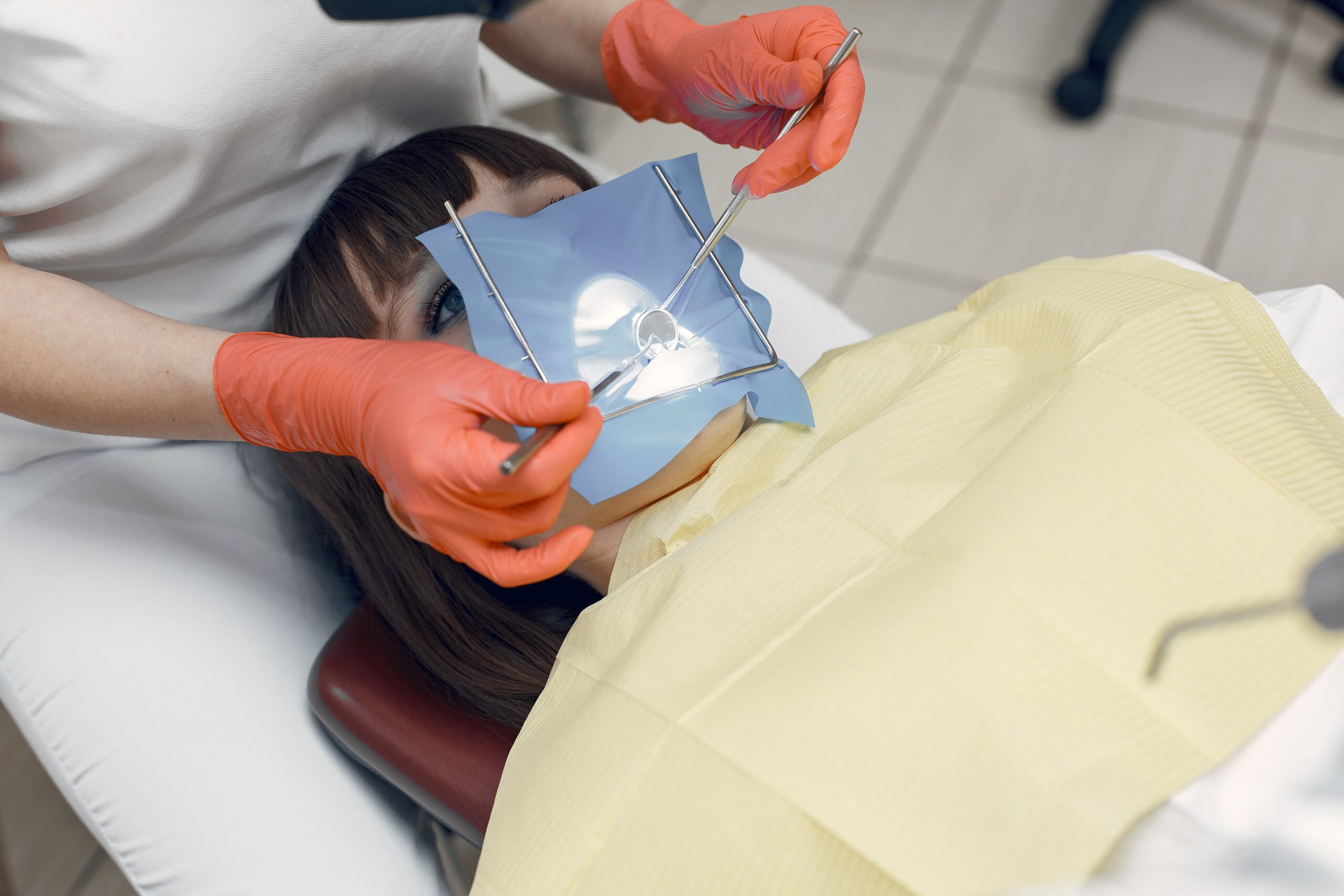Dental emergencies can arise unexpectedly, causing pain, discomfort, and anxiety. Knowing what constitutes a dental emergency and how to respond can make a significant difference in preserving oral health and preventing further complications.
Let’s explore common dental emergencies and discuss how Newbury Dental Care can assist patients needing urgent dental treatment. Whether you’re experiencing severe tooth pain or have sustained a dental injury, understanding what qualifies as a dental emergency is essential for prompt intervention and optimal outcomes.
1. Severe Tooth Pain
One of the most prominent indicators of a dental emergency is severe and persistent pain. This pain can be of various types, including:
- Throbbing toothache: A throbbing or pulsing pain in a tooth can signal an infection, damaged tooth nerve, or abscess.
- Sharp pain: Sudden, sharp pain when biting down may indicate a cracked or fractured tooth.
- Facial swelling: Significant swelling of the face, jaw, or around a tooth can be a sign of an infection and requires urgent attention.
2. Dental Trauma
Accidents or injuries resulting from chipped, cracked, or fractured teeth constitute a dental emergency requiring immediate attention. Dental trauma can occur due to falls, sports injuries, or vehicular accidents, and prompt intervention by a dentist glencoe is crucial to assess the extent of damage and restore the affected tooth’s function and appearance.
3. Knocked-Out Tooth
Avulsed teeth, commonly referred to as knocked-out teeth, are dental emergencies that need to be treated right once to improve the likelihood of successful reimplantation. If a tooth is knocked out, it should be handled carefully by the crown (top portion), avoiding touching the root.
Patients should rinse the tooth gently with water if dirty, without scrubbing or removing any attached tissue, and attempt to reinsert it into the socket if possible. If reinsertion is not feasible, the tooth should be stored in a container of milk or saliva and brought to a dentist as soon as possible for evaluation and possible re-implantation.
4. Broken or Lost Dental Restorations
Broken or lost dental restorations, such as crowns, bridges, or fillings, can compromise the structural integrity of the affected tooth and leave it vulnerable to further damage or decay. Patients experiencing a broken or lost dental restoration should contact Newbury Dental Care to schedule an appointment for repair or replacement as soon as possible. In the meantime, avoiding chewing on the affected side and practicing good oral hygiene can help prevent additional complications.
5. Soft Tissue Injuries
Injuries to the mouth’s soft tissues, including the gums, lips, cheeks, and tongue, can cause bleeding, swelling, and discomfort. Patients experiencing soft tissue injuries should gently clean the affected area with warm water and apply pressure to control bleeding.
If bleeding persists or the injury is severe, immediate evaluation by a dentist may be necessary to assess and address the extent of the injury. You can look for a dentist in your area by doing a quick Google search for “dentist near me.”
Importance of Seeking Prompt Attention
Ignoring dental emergencies can have severe consequences. Prompt attention from a dentist may help:
- Minimize pain and discomfort.
- Prevent the spread of infection.
- Save a tooth from extraction.
- Reduce the risk of further complications.
What to Do During a Dental Emergency?
If you are experiencing a dental emergency, remain calm and take the following steps:
● Contact your dentist immediately
Explain the nature of the emergency and seek an appointment as soon as possible. You can reach out to Newbury Dental Care to schedule an emergency appointment.
● Provide first aid if necessary
If excessive bleeding occurs, apply gentle pressure to the area with a clean cloth. If a tooth is knocked out, attempt to gently place it back in the socket. If this is impossible, store the tooth in milk or saline until you can reach the dentist.
● Avoid using pain medication without consulting a dentist
Over-the-counter pain relievers may provide temporary relief, but consult a dentist before using any medication.
Reach Out To Newbury Dental Care For Dental Emergencies!
Recognizing and responding promptly to dental emergencies is essential for preserving oral health and preventing complications. By understanding what constitutes a dental emergency and knowing how to respond, individuals can protect their smiles and maintain optimal oral health for years.
Seeking urgent dental care? Contact Newbury Dental Care today for prompt and compassionate treatment of dental emergencies. Our dentists are dedicated to providing quality dental care that prioritizes comfort and well-being. Focusing on timely intervention and personalized treatment plans, we may help alleviate pain, address dental trauma, and restore oral health.




Leave A Comment